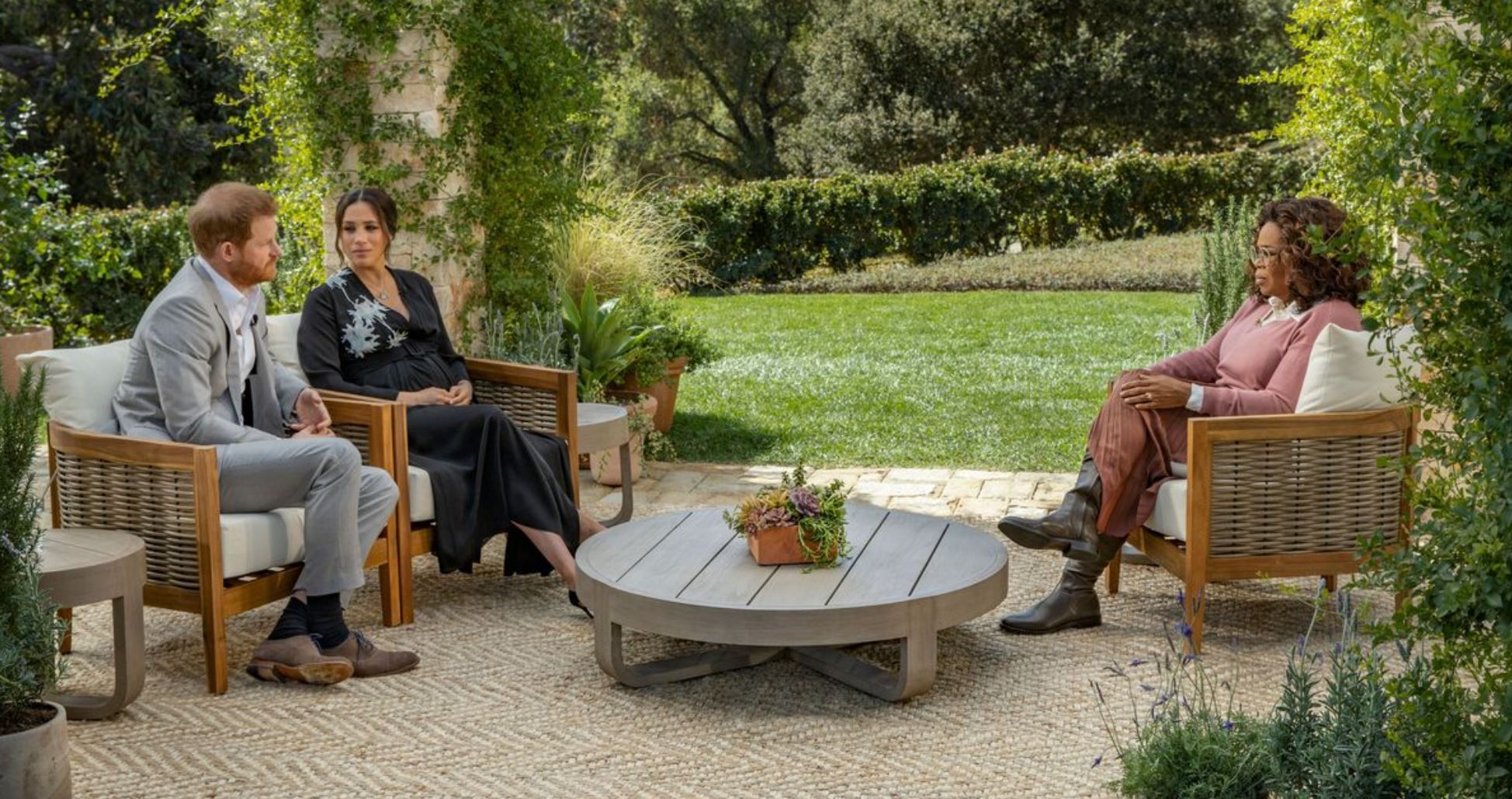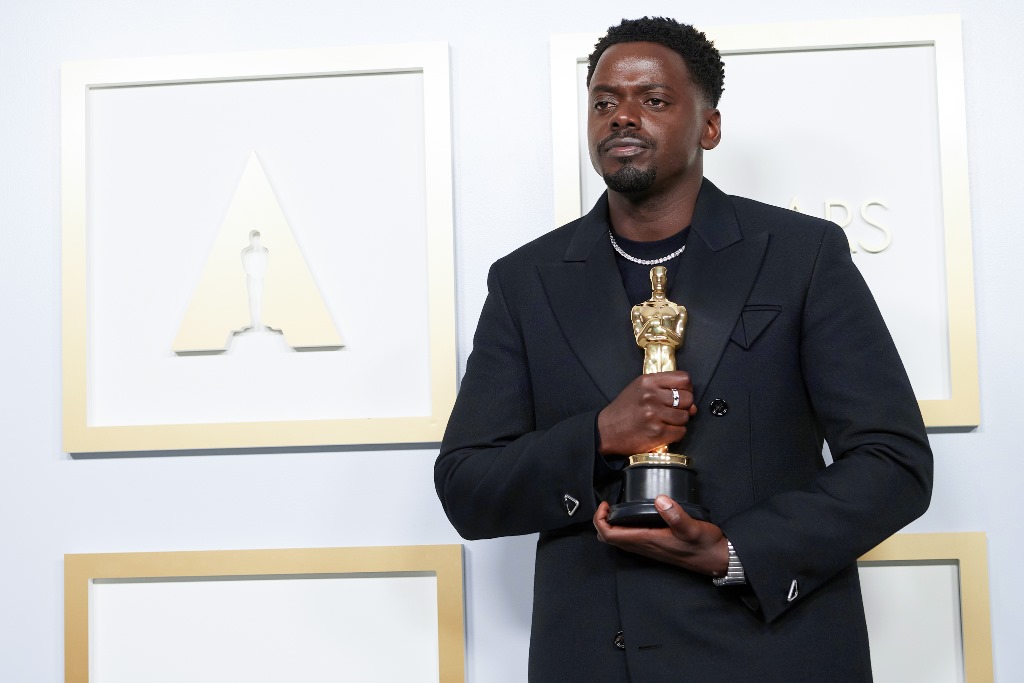Sussexes > Oscars



Early Oscar ratings have been revealed and while there may be a slight bump up when the final numbers are released today, it’s not like there’s going to be a dramatic increase. Last year the Oscars brought in 23.6 million viewers, which at the time was an all-time low. This year they lost almost 60% of that viewership, coming in at 9.85 million viewers. To be fair, all award shows have been slumping since COVID: the Grammys, the Golden Globes, the SAG Awards, all of them saw steep viewership declines. And the Academy and ABC were probably expecting a low number, I’m just not sure they expected it to be that low of a number.
This, obviously, isn’t great news for the Oscars. Pandemic or not, over the years, as people have been moving away from conventional television, which is where the Oscars are broadcast, the show itself has been losing popularity. A lot of it has to do with the kinds of films that are nominated. The ones in contention often aren’t the ones that people have seen. There’s a case to be made, sure, that blockbuster movies already have their wins at the box office, they don’t need trophies – and that the Oscars have a duty to celebrate the films that don’t necessarily bring in mass audiences. In principle I agree with this, mostly. But that doesn’t mean there’s not a disconnect, because they do want a mass audience to watch their award show.
It’s just that the mass audience is so fragmented these days with so many viewing options. For a long time, the Oscars used to be the kind of big event that most people tuned into, in part or whole. In North America, the Super Bowl can still make that claim, though there’s some evidence to suggest that even the Super Bowl may be slowly losing its draw. This is where we can have another conversation about monoculture and if that even exists anymore. How often do we all gather to watch the same thing at the same time anymore?
Interestingly we just did it not too long ago – earlier this year, actually, after the Super Bowl. When Oprah Winfrey interviewed Prince Harry and Meghan Markle for a two hour special that I call the Television Event of the Year. The Television Event of the Year, like the Oscars, aired on a Sunday. Like the Oscars it was on conventional broadcast television. There were commercial breaks. There were no explosions and car chase scenes, no special effects or CGI monsters. There was no score to heighten the suspense (at least not a score on a scoreboard, because there was certainly a different kind of score to be settled).
It was three people talking in a garden. And the interview generated over 17 million viewers in the United States alone… which is nearly double the Oscar 2021 telecast. And it wasn’t over when the special ended. For weeks we’ve been talking about the Television Event of the Year. “Were you silent or were you silenced?” has become its own meme. In these times, that’s definitely a monoculture moment.
I’m not sure anyone expected that the Oscar ratings would be beat by Harry and Meghan with Oprah, but it’s an interesting comparison because if the Oscars could have generated comparable ratings as the Television Event of the Year with their modified show, that would have been a win. And the Television Event of the Year is a very recent example of when lots and lots and lots of people will tune to watch famous people and not just sport.
As for the Oscars going forward – they might write off 2021 as an anomaly and hope that it’ll go back to the usual next year, and I’m pretty sure they’ll return to a host format for it too. Beyond that, though, what’s a more significant fix? How do they save it?

